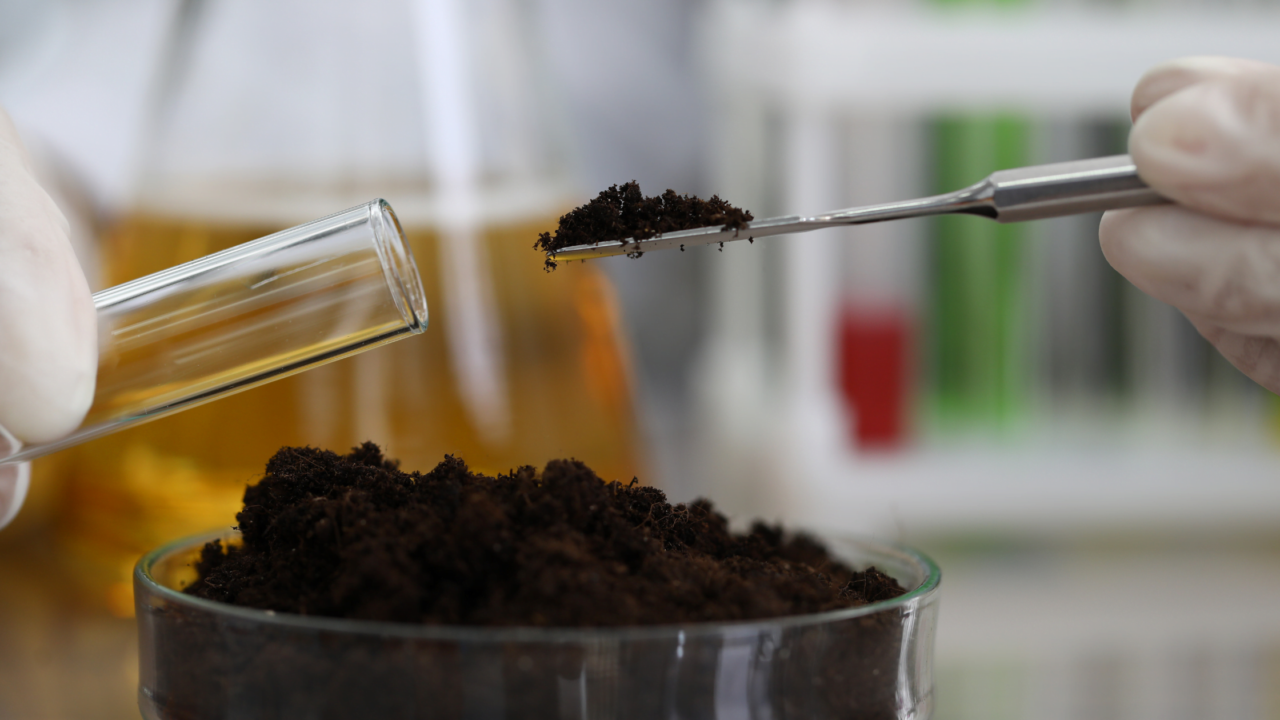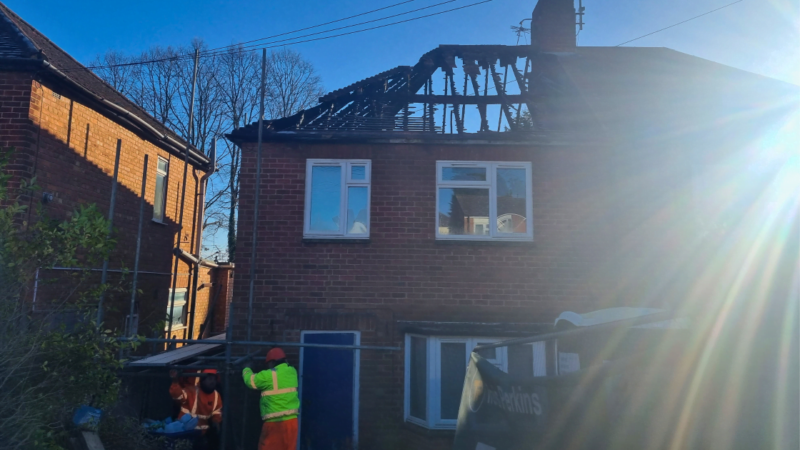
Construction waste is a hot news topic, especially its effects on the environment. RJS Waste Management is here to help you consider sustainable ways to tackle construction waste and provide a reliable local service that will keep you and the environment safe.
Construction waste and flooding
Earlier this year, it was worrying to read that Highways teams for Brighton and Hove City Council reported an increase in cement, concrete, plaster and other construction waste dumped in local drains and gullies.
Stephen Williams, Network Protection Enforcement Manager for Southern Water commented: “Sewer blockages caused by construction debris is a real issue that can cause flooding and major problems in our network and even environmental issues. All of which can impact our customers.
“We have had several instances of sewers that have required lengthy repairs caused by debris, so we really appreciate the support of businesses and households in avoiding these problems.”
While Council leader Phelim Mac Cafferty appealed for the proper disposal of construction waste with these words:
“Flooding is increasing for a range of reasons from the paving over of gardens to more frequent extreme weather caused by climate change.
“Whether the problem of flooding gets better or worse in our day-to-day lives comes down to all of us.
“A small minority of households and businesses are blocking drains with construction waste. This increases the likelihood of further street flooding during heavy rainfall, never mind the real risk to people’s homes.
“We all have a responsibility to dispose of construction waste responsibly. In the case of those households and businesses that are causing blockages, as a council, we will take enforcement action to prevent and deter this from happening.”
Quite rightly, anyone found disposing of commercial waste illegally could face a fixed penalty notice of £400 as well as legal prosecution.
RJS Waste Management provides the removal and disposal of construction waste throughout southeast England. And we urge any contractors and tradespeople to contact us next time they’re tempted to dump their waste illegally.
We hold a waste carriers licence and are fully insured to handle everything from concrete and plaster to Asbestos Containing Materials (ACMs) and other hazardous waste.

Hazardous construction waste
A considerable amount of construction waste is generated every year. It’s thought to account for a third of the world’s waste and more than 60% of all UK waste in 2018 (Defra). According to the Environmental Agency, this is climbing because of brownfield remediation. Here are some examples of hazardous waste found on construction sites:
Asbestos – With the risk of harmful asbestos fibres being inhaled, ACMs should only be removed by UKATA-trained operatives like the RJS Waste team. The asbestos waste should then be sent to specialist landfills, so it can’t contaminate the local ecosystem.
Polychlorinated biphenyls (PCB) – These toxic substances were previously used in electrical equipment, like fluorescent lighting, and are still used today in small quantities and special circumstances. They’re carcinogenic for animals and a threat to the food chain. They must be disposed of by professionals at certified EPA disposal facilities.
Solvents – Volatile organic compounds (VOCs) can be used to dissolve or dilute paints and glues. If these solvents contain dichloromethane (DCM), they’re classed as hazardous waste. But VOCs can be recycled through solvent distillation and then reused in construction.
Sustainable ways to tackle construction waste
The industry needs to use more sustainable construction methods in line with the government’s Net Zero Strategy. This aims to decarbonise all sectors of the UK economy by 2050. And we love Sarah Kauter’s (Managing Director of Construction PR) ideas of ways we can do this.

- Geothermal energy – A renewable alternative to heating, Ground Source Heat Pumps (GSHPs) push a liquid solution into geothermal pockets in the earth’s crust. This extracts heat energy and is ideal preparation for the ban on gas boiler installation coming to new builds in 2025.
- Green roofs – Sustainable, great for wildlife and attractive, roofs covered in greenery are a construction win. With improved energy-efficiency, reduced problems of water runoff and extended roof life as key advantages too, green roofing is perfect to help cut down on renovation and construction waste. Whether you’re considering a green roof for your garden buildings or larger construction project, the RHS has some fantastic advice and inspiration.

- Modular methods of construction – Buildings constructed off-site under factory conditions have many benefits. Not only will the build be of better quality and result in a speedier onsite construction, but it will result in much less construction waste. These types of build, following a fabric-first approach and often achieving Passive House Standards, are a highly sustainable construction choice.
- Living building materials – Did you know that mushrooms can help keep your building warm? Microorganisms are used in the production of construction materials to replicate the functions of living organisms. This means the materials can absorb carbon emissions, repair cracks, and reproduce. Though still in early development, mycelium-based composites are already used to create thermal and acoustic insulation.
These greener construction methods are a great step forward, but the industry must continue to adapt. Morgan Sindall is leading the way in a study with BIMBox, University of Salford, University of Manchester and Arcas & Callisto Consulting. They’re looking into automated solutions for sustainable construction and demolition waste management.
North West managing director of Morgan Sindall Construction, Barry Roberts, commented: “This composition of our consortium will enable the project to tackle the whole lifecycle of waste management, propose beyond-state-of-the-art technologies, and contribute to reaching the zero-waste construction industry in Europe that we all desire.
Contact your construction waste management provider
RJS Waste Management can help too. Though hazardous waste like asbestos can’t be recycled for safety reasons, certain waste can be managed with sustainability in mind.
Some construction waste can be removed and recycled – such as timber, scrap metal, plasterboards and hardcore. While hazardous waste – like chemicals in secure containers and paint – can be either treated before disposal or recovered and recycled.
Get in touch today for your construction waste quote from a company that will always put safety and sustainability first.




